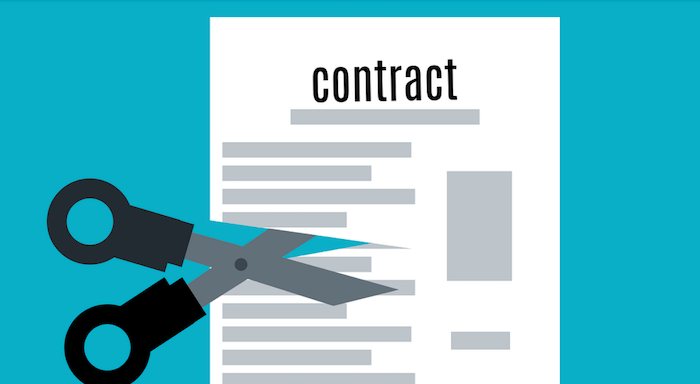If you enjoyed our last installment of the best GEICO commercials you should enjoy these gems just as much, if not more!
Uber Insurance: Use with Caution
updated: Jan. 16, 2016 –
It’s a simple idea: instead of paying the often exorbitant price of riding in a cab, hop on the Uber app, put in your location, and have a local driver pick you up and take you to your destination. You can pay a fraction of what you would have paid for a taxi and you have the option of choosing what type of car you want to ride in and even whether or not you want to chat with the driver.
Instead of saying, “I’m going to call a cab,” people are starting to say, “I’m going to call an Uber.” It is entering society’s lexicon and if you’re an Uber driver, you probably make a respectable income by simply driving people to where they want to go. But being an Uber driver isn’t all rainbows and sunshine.
Those who work with Uber are just as likely to get into an accident while on the road, and perhaps more so, as many drivers spend more time on the road than the average non-Uber driver. That means you need to have very reliable insurance—and yet about 80% of drivers reported to Forbes that they did not tell their insurance companies about their ridesharing activities.
Doesn’t Uber Provide Insurance for Drivers?
Short answer? Yes. Long answer? Uber’s insurance only covers certain situations at certain times. The insurance that they use to cover their drivers is full of gaps and holes that can leave the driver ultimately liable for accidents. That puts you at serious risk, even if the injury or damage is relatively minor.
One of the biggest reasons drivers do not tell their own insurance about ridesharing is because they believe that the company has insurance for them—when that is just not the case, and the consequences of this incorrect assumption are manifold.
Dropped from Your Insurance
What is your insurance provider going to do if they find out that you are driving for a rideshare company and you neglected to tell them about it? They are probably going to drop you. At that point, you are a serious liability, and insurance companies do not like to work with people that are serious liabilities. While it is not guaranteed that they will drop you from their coverage if they find out you lied (actively or simply by omission), it is very likely.
Hikes in Insurance Premiums
Why do people who know they need to tell their insurance provider about their rideshare activities still neglect to do it? Probably because they are afraid of a rate hike. You are participating in what your insurance company would probably consider a higher risk activity. You may be trying to insure a standard car, but you are letting a high number of strangers into your vehicle and driving them around your city. This could mean higher rates.
If your insurance company finds out about your ridesharing on their own, however, and drops you from their coverage, you are guaranteed to have higher premiums when you get new coverage.
Less Coverage
One of the biggest holes in the insurance that Uber provides for their drivers is a lack of collision coverage before you have a ride request or a passenger in the vehicle. That means that if you cause an accident while logged onto the Uber app, you will be forced to pay for repairs to your own vehicle out of your own pocket. Why? Because you didn’t tell your insurance company you were driving for Uber and you are probably going to be dropped from their coverage.
Even worse, if you aren’t logged onto Uber you might even be liable to cover all the other driver’s damages and law suites out of your own pocket. This is because Uber’s insurance doesn’t cover you at all when you aren’t using their service and if your insurance company finds out you are involved in ridesharing and you haven’t told them, they have the right to drop you as soon as the discover the discrepancy, leaving you completely uninsured. It’s a great excuse for them to avoid paying an insurance settlement that they aren’t legally obligated to.
What Should You Do?
First of all, if you are working as an Uber driver, even if it is only occasionally, call your insurance provider and inform them immediately. Certainly never lie to them if they ask you.
If you are shopping for a new insurance policy, you’ll probably realize that agents are now being trained to ask their clients if they do any kind of formal ridesharing work, but even if they don’t, be sure to offer the information freely.
The good news is, you probably do not have to buy full-blown commercial car insurance in order to drive for Uber. What you likely need is called “Period 1” coverage, which protects you while you are working for Uber, but before you have a ride request or a passenger.
Most insurance companies also have policies that are friendlier to those who rideshare, i.e. they will not drop if you admit you have been ridesharing without telling them before you are involved in an accident. Look for a policy and a provider that protects you and your car while being part of the Uber revolution.



